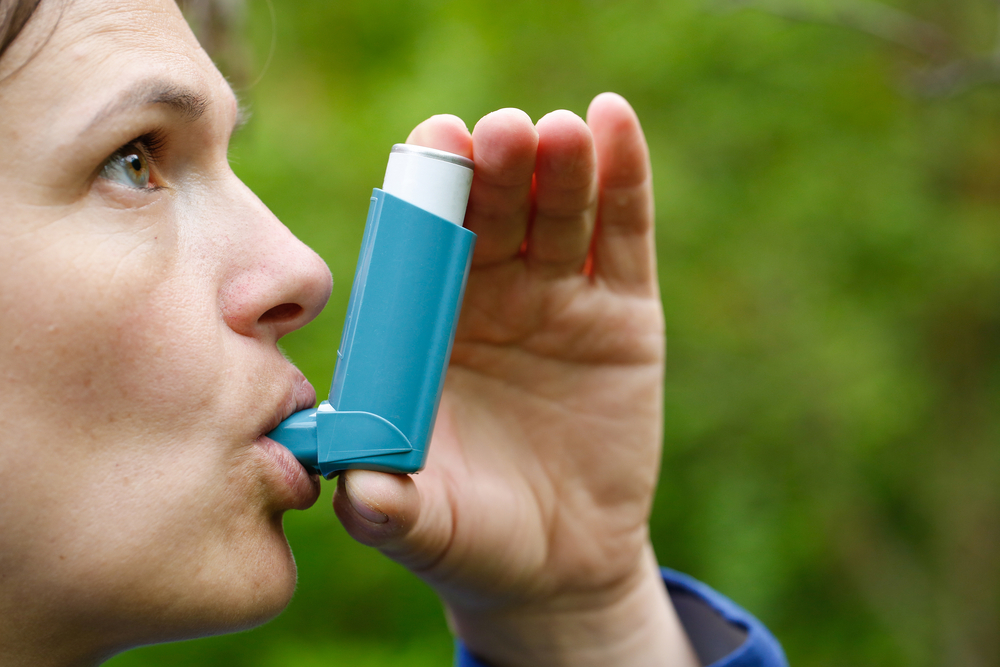Single Inhaler with Triple Combo Therapy Reduces Exacerbation Rates in COPD Patients
Written by |

Treatment with a triple combo therapy in a single inhaler decreased exacerbation rates in COPD patients compared with tiotropium treatment, according to the results of a clinical trial.
The triple combo is composed of beclometasone dipropionate (BDP), formoterol fumarate (FF), and glycopyrronium bromide (GB) — BDP/FF/GB. This combination has been shown to effectively manage COPD symptoms.
Tiotropium is a bronchodilator also used in the management of COPD. The study aimed to understand which therapy could better reduce exacerbation rates in COPD patients.
The findings were titled “Single Inhaler Extrafine Triple Therapy Versus Long-Acting Muscarinic Antagonist Therapy For Chronic Obstructive Pulmonary Disease (TRINITY): A Double-Blind, Parallel Group, Randomised Controlled Trial” and published in The Lancet medical journal.
Usually, COPD patients receiving triple therapy must use at least two inhalers containing drugs that help reduce symptoms. But to simplify the treatment, a single inhaler was created, containing extra-fine formulations of BDP/FF/GB. This formulation allows the drugs to reach both large and small airways, and thus have a larger action in patients.
The TRINITY trial (NCT01911364) enrolled 2,691 COPD patients to compare the effects induced by treatment with fixed triple therapy BDP/FF/GB, tiotropium only, and BDP/FF plus tiotropium (open triple).
The primary endpoint of the trial was moderate-to-severe COPD exacerbation rate. Researchers also assessed the change from study’s start in pre-dose forced expiratory volume in one second (FEV1; a measure of lung function) at week 52.
Of the original number of patients, 1,078 received the fixed triple treatment, 1,075 received tiotropium, and 538 received the open triple treatment.
Results indicated that the moderate-to-severe exacerbation rates were 0.46 in the fixed triple group, 0.57 in the tiotropium group, and 0.45 in the open triple group. Also, the fixed triple was better than tiotropium, and non-inferior to open triple, regarding the week 52 pre-dose FEV1. These results indicate that the study met its primary and secondary objectives.
Adverse events were experienced by 594 patients (55%) in the fixed triple group, 622 (58%) in the tiotropium group, and 309 (58%) in the open triple group.
“In conclusion, in TRINITY, treatment with extra-fine fixed triple therapy had clinically beneficial effects compared with long-acting [tiotropium] monotherapy on different components of COPD, namely exacerbations, FEV1, hyperinflation, and health-related quality of life,” the researchers concluded. “This consistent improvement in different disease domains suggests that stepping up a patient from long-acting [tiotropium] to triple therapy will have a clinically meaningful impact.”



